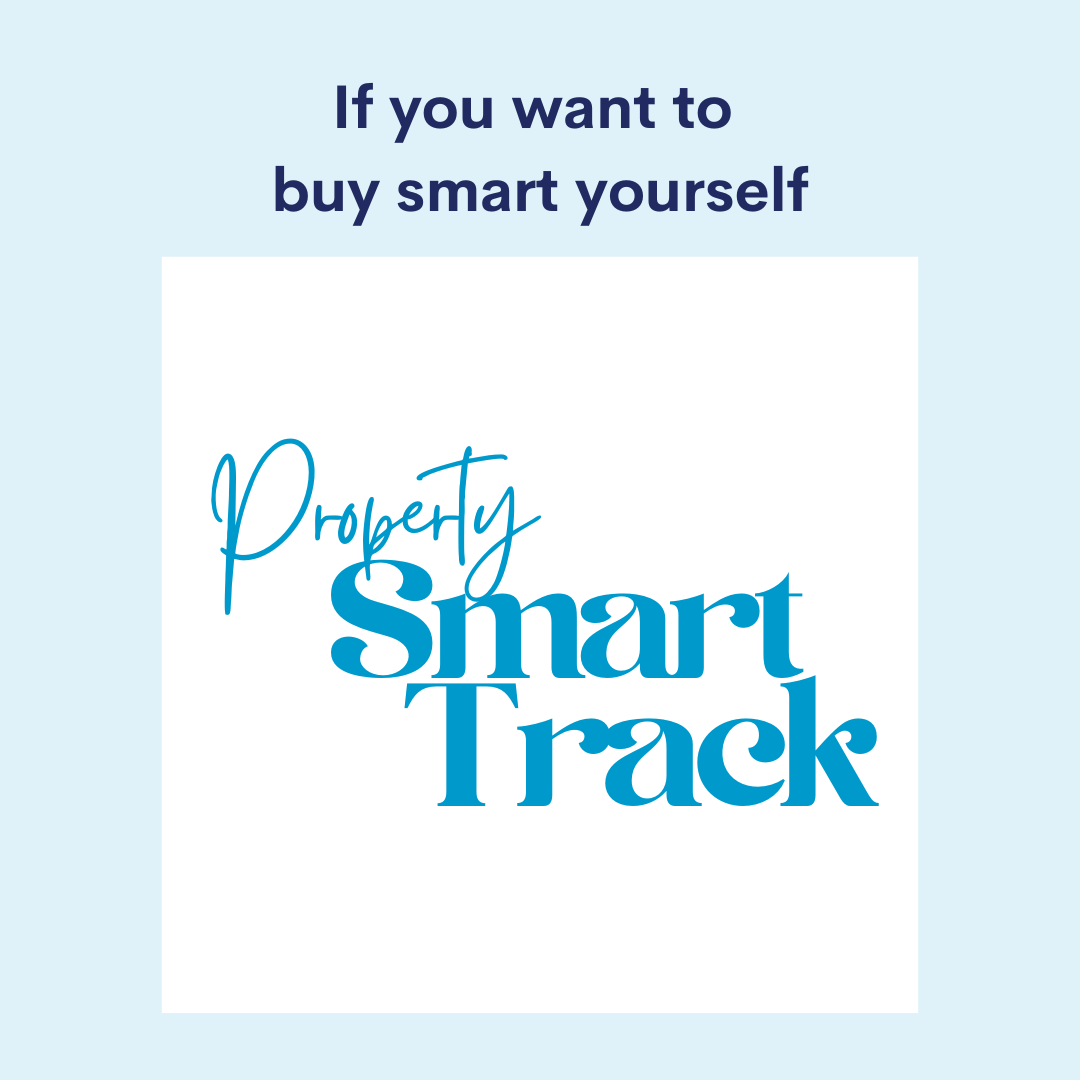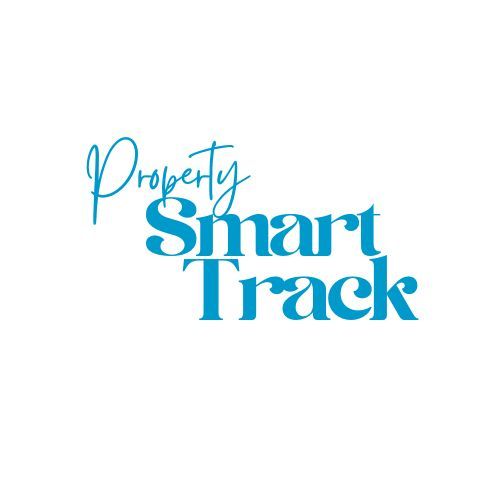Unpacking the First Home Loan Deposit Scheme

There's good news for first home buyers as one of the initiatives of the freshly elected Federal Government is the establishment of the First Home Loan Deposit Scheme (FHLDS). So, what's this all about?
In a nutshell
The FHLDS aims to help first home buyers purchase a home faster. Estimates suggest that it will reduce the time taken for first home buyers to save for a home deposit, by at least half.
For context, the national averages* for the time it takes an average-income couple to save a 20% home deposit, is 4.6 years for a median-priced house; or 4.2 years for a median-priced apartment.
If legislated, the FHLDS will help eligible first home buyers purchase a home with a deposit as low as 5%, by guaranteeing any shortfall in the 20% deposit that most lending institutions require for a home loan.
This means that eligible first home buyers will also avoid Lender's Mortgage Insurance, which on average can be around $10,000 (this can vary depending upon the loan to value ratio and the amount borrowed).
Below are some of the preliminary details that have been released. Basically, the FHLDS will :
-
commence on 1 January 2020 and operate under the National Housing Finance and Investment Corporation (NHFIC) - the NHFIC will partner with private lenders to deliver the FHLDS, prioritising smaller lenders to boost competition
-
Support up to 10,000 eligible first home buyer loans each year
-
be available to eligible first home buyers, i.e. those that have saved a home deposit of at least 5% up to 20% and income <$125,000 (single) or <$200,000 (couple combined, where both are first home buyers), based on their previous financial year's taxable income
-
target entry properties, with a maximum loan size determined on a regional basis
-
the guarantee will cease where borrowers refinance or their home loan ends
-
be able to be used in conjunction with the First Home Super Saver Scheme, as well as relevant State/Territory first home buyer grants and stamp duty concessions.
Please note: Lending institutions will still undertake their usual credit check processes (serviceability assessments) to ensure that borrowers are in a position to be able to afford the home loan repayments.
Lastly, it's important to understand that the FHLDS is still only a proposed measure, and legislation needs to be passed to make it effective; also, changes could be made to it, or it may be rejected.
Moving forward
Entering the housing market can be difficult, especially when considering the national averages for the time it takes an average-income couple to save a 20% deposit on a median-priced house or apartment.
If legislated, the FHLDS may be of benefit in this respect. However, it's important not just to consider the short-term gain that it intends to offer for eligible first home buyers.
For example, assuming a 5.5% interest rate, weekly repayment frequency and 30-year home loan term, the long-term implications of buying a $571,000 residential property with differing home deposits are as follows:

In this simple example, when compared to a 20% home deposit, a 5% home deposit could end up costing an extra $89,301 in interest over the life of a 30-year home loan. Also, there is the consideration with regard to the difference between the loan repayment amounts.
After reading this article you may also be interested in the following:
-
helpful tips to save for a home deposit
-
the First Home Super Saver Scheme (FHSSS)
-
considerations for becoming a loan guarantor
-
first home buyer grants and stamp duty concessions.
If you have any questions regarding this article, please do not hesitate to contact us.
About the Author
Debra Beck-Mewing is the CEO of The Property Frontline and Editor of Property Portfolio Magazine. With over 20 years of experience buying property across Australia, Debra is a skilled property strategist and buyers agent known for uncovering tailored opportunities — from family homes to multi-use investments.
She has deep expertise in advanced strategies including renovations, granny flats, sub-division, and development. A Qualified Property Investment Advisor (QPIA®), licensed real estate agent, and holder of a Bachelor of Commerce and Master of Business, Debra combines strategic insight with hands-on experience.
Debra is the creator of the Property Smart Track™ – Australia’s only interactive, in-the-moment support system for property buyers, designed to help buyers cut through the chaos and buy with confidence. She also leads Buy Like A Genius™, a premium end-to-end buyers’ agency service for busy professionals seeking expert property acquisition without the stress.
As a passionate advocate for greater transparency in the property and wealth industries, Debra is a sought-after speaker, author, podcast host, and participates on numerous committees including the Property Owners’ Association.
Download your guide
Start Buying - Stop Crying
There’s plenty of opportunities if you’re trying to buy a property in the current market, and the news gets better if you qualify for financial assistance packages.
DON'T GUESS, STRESS OR OVERPAY
Learn how to turn the market in your favour no matter where it heads next, by using the tips included in our guide.
We hate SPAM. We will never sell your information, for any reason.






